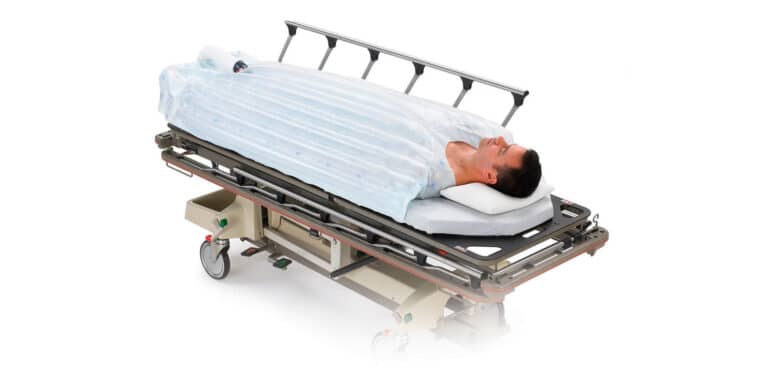Hernia Mesh
A hernia is an injury that arises from undue pressure placed upon an area of one’s abdomen, thereby creating an opening or weakness in the muscle or tissue. As a result, organs and tissue—such as the bladder and small and large intestines—are forced through this opening and are subject to damage and infection. One method of resolving this condition is the placement of hernia mesh.
Hernia mesh is a medical device that is surgically implanted to reinforce damaged or torn tissue in an individual’s anatomy. These devices are typically made with a synthetic plastic called polypropylene. Unfortunately, many patients have experienced adverse reactions to the mesh, as the material can shrink, harden, contract, migrate and even fail entirely. This is especially concerning since such devices are used in approximately 90 percent of hernia repairs.
Many of the synthetic hernia mesh products on the market were approved with little to no safety studies. In 2005, manufacturers of synthetic hernia mesh were able to accelerate approval of the product by way of the U.S. Food and Drug Administration’s (FDA) 510k clearance process. This avenue allowed manufacturers to sell their products en masse, and even at times remove their products from the market prior to studies and reports recognizing the harm to the public.
More than 100,000 lawsuits have been filed by patients alleging that defective hernia mesh designs have led to life-threatening health complications. Manufacturers of hernia mesh have been issuing recalls since 2005 due to the risk of mesh injuries. Over one million hernia repairs occur in the United States annually, putting hundreds of thousands of patients at risk.
Common injuries related to defective mesh products include bowel obstruction, organ damage, nerve damage, recurrence, infection and debilitating pain. These injuries often require patients to undergo additional revision surgeries that place them at further risk of related and unrelated surgical complications.
Complications from failed or defective hernia mesh products can occur within days to years after a surgical procedure. Health experts encourage all patients who have received hernia mesh to monitor their health for signs of adverse reactions and life-threatening complications. Signs of a hernia mesh defect or failure include, but are not limited to:
- Fever
- Fatigue
- Constipation
- Irritable bowel
- Urinary issues
- Severe pain
Individuals who have had a hernia mesh implanted should be cognizant of the manufacturers that have issued recalls, such as:
- C.R. Bard (2005- 2007): Several recalls issued of its Kugel Mesh products with reports of potential bowel tears after implantation.
- Atrium (2012): Warnings issued by the FDA over the company’s failure to address numerous reports of patients contracting infections, eventually resulting in a federal judge issuing an injunction to prohibit further manufacturing and distribution.
- Ethicon (2016): Ethicon voluntarily recalled the Physiomesh Flexible Composite Mesh after studies determined the device had a high failure rate.
Slater Slater Schulman LLP is currently evaluating potential hernia mesh injury claims. If you have had a hernia mesh device implanted and are suffering an adverse reaction, the attorneys at Slater Slater Schulman LLP are here to help. Please call our office at 1-800-251-6990, or fill out the form on this page, and our office will contact you to discuss your case.



